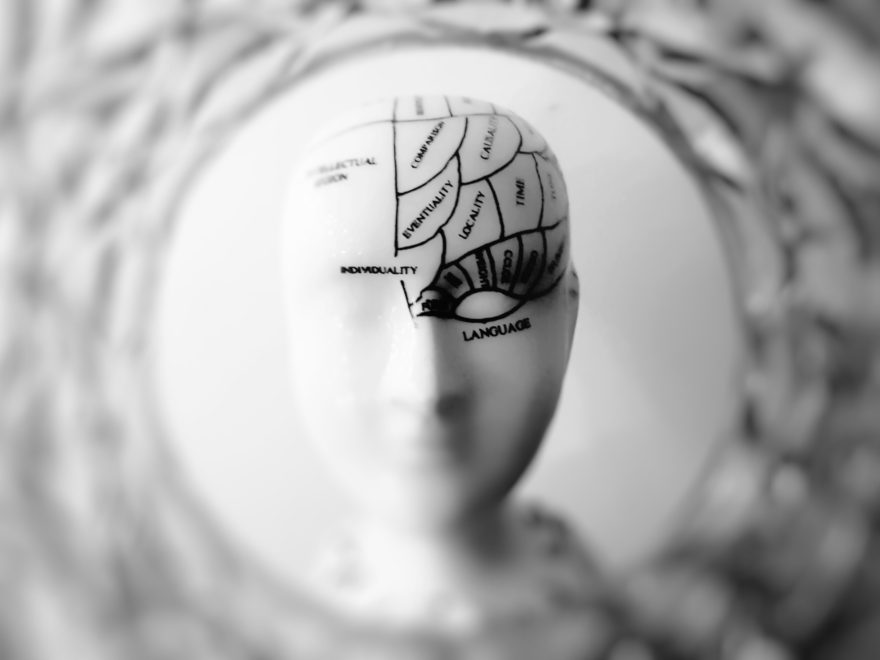Tag: habits
-

Christ Our Habitation: A Consideration of Spiritual Habit Training in Education
I have begun to explore habit training once more. In this post I want to explore what it means to consider students as whole persons and address questions stemming from our being spiritual persons. What does it mean for Christians to apply habit training? The greatest liability of education is an undue focus on the…
-

Attention, Then and Now: The Science of Focus Before and After Charlotte Mason’s Time
The importance of attention for education is almost proverbial. Who has not seen the stereotype of a student staring out the window, while the teacher drones on? Movies and TV shows are filled with it. Everybody knows that a wandering attention and a lack of interest hamper a student’s learning. But we haven’t always paid…
-

Excellence Comes by Habit: Aristotle on Moral Virtue
All too often we are inclined to think of excellence as the product of good genes and good fortune rather than our personal habits. The fates bestow their blessings indiscriminately and haphazardly, and the talented and successful are the lucky recipients of excellence, while the rest of us are mired in mediocrity. Those who rise…
-

Educating for Self-control, Part 2: The Link Between Attention and Willpower
In my last post on educating for self-control, I laid out a Christian case for the importance of self-control from the New Testament, citing Paul’s famous fruit of the Spirit and Peter’s not-as-famous virtue list in the first chapter of 2 Peter. Then we delved into the roots of self-control as a concept deriving from…
